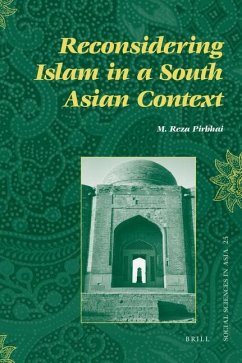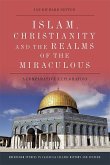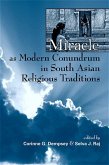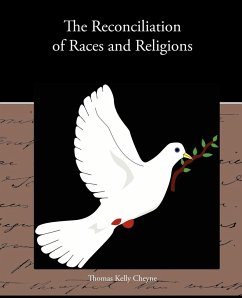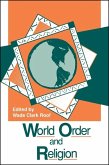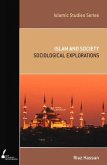Despite late reconsideration, a dominant paradigm rooted in Orientalist essentialisations of Islam as statically legalistic and Muslims as uniformly transgressive when local customs are engaged, continues to distort perspectives of South Asia's past and present. This has led to misrepresentations of pre-colonial Muslim norms and undue emphasis on colonial reforms alone when charting the course to post-coloniality. This book presents and challenges staple perspectives with a comprehensive reinterpretation of doctrinal sources, literary expressions and colonial records spanning the period from the reign of the 'Great Mughals' to end of the 'British Raj' (1526-1947). The result is an alternative vision of this transformative period in South Asian history, and an original paradigm of Islamic doctrine and Muslim practice applicable more broadly.
Hinweis: Dieser Artikel kann nur an eine deutsche Lieferadresse ausgeliefert werden.
Hinweis: Dieser Artikel kann nur an eine deutsche Lieferadresse ausgeliefert werden.

